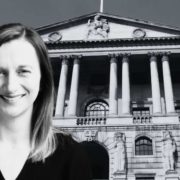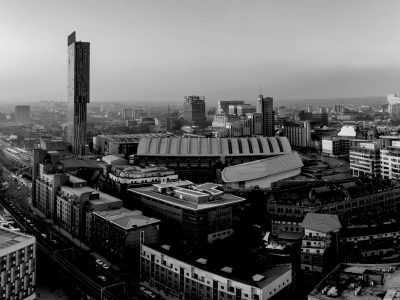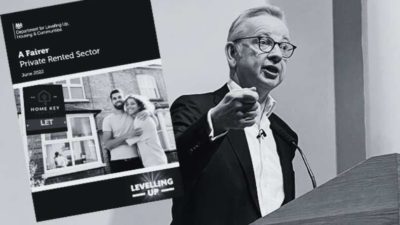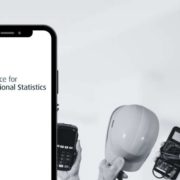The Bank of England’s monetary policy committee (MPC) will announce its interest rate decision at noon on Thursday.
There have been many occasions over the past decade or so when, apart from the army of public relations’ people ready to press the “send” button on a release containing quotes from their clients, most of us could safely ignore these announcements.
This is because mostly they were non-events, with nothing happening.
At least one member of the committee spent six years deliberating on interest rates without ever being part of a decision to change.
The rate when he left was exactly the same as the one when he joined, with no changes in between.
He can only envy his successors because things have changed.
The Bank has shifted into overdrive.
It is in the middle of a period of hyperactivity, of which there should be another instalment on Thursday.
The Bank is set to raise its official interest rates by another quarter-point to 1.25%, the highest rate since early 2009.
Not only that, but it will be the fifth rate rise in a row, something it has never done in the period since it was granted independence in 1997.
After a long period in which nothing much happened on rates, increases are now coming thick and fast.
What effect will this have on the housing market?
Already those PR people are honing their releases ready for noon on Thursday, and some of the responses will come from the housing market.
Five rate rises in a row is quite something, even if none of them have been more than a quarter of a point, which is the expectation this week.
This week’s weak figures for gross domestic product in April are thought to have taken a half-point rise off the table.
Quarter-point changes are small changes, though their cumulative effect may not be.
Monetary policy watchers used to use the analogy of “boiling a frog”, in that each successive rate rise is a bit like turning up the temperature a little.
Eventually, the heat is too much for the little fellow and he keels over.
How much will it take for the housing market to keel over?
The difficulty at the moment is separating rate rises from the other factors putting pressure on consumer spending and the housing market.
Confidence has taken a knock in the light of the war in Ukraine and the uncertainty it has created, and on one measure households are gloomier than at any time over the past 50 years.
This year’s high inflation – higher than at any time in the past 40 years – is also affecting attitudes.
It is not that long, within the past 30 years, that petrol was £2 a gallon.
Now in many places it is £2 a litre, and there are 4.5 of those to the gallon.
Double-figure inflation, which we already have on the retail prices index, where the inflation rate is 11.1%, was never part of the post-pandemic script.
It is squeezing household budgets and making people feel miserable about the future.
Indeed, for many people, the Bank should not be raising rates because high inflation is doing its job for it, by slowing the economy and taking us to the edge of recession.
That argument has been strengthened by the April GDP figures, which showed a fall of 0.3% on the month and mean that we have to go back to January for the last time there was monthly growth in GDP.
Though the fall was exaggerated by a sharp fall in NHS Test & Trace activity, which to some people’s surprise is part of GDP, there was across-the-board weakness in manufacturing, construction and services.
The consensus is that the weak figures will not stop the Bank raising rates this week.
The economy is already showing distinct signs of weakness.
What about the housing market?
Most indicators, including mortgage approvals, house prices and buyer enquiries, have come are starting to come off the boil.
Housebuilding is also weakening.
They are also, however, still relatively firm.
There is no good evidence yet that the housing frog is close to being boiled yet.
That could change, but it would be strange if, having survived the huge shock of the pandemic, the market was to succumb in the post-pandemic period.
If there is a general recession over the next 12 months, it looks like being a mild one.
So, even though further interest rate rises are likely, and a period of economic weakness, the housing market should soften rather than slide or crash.
But we may soon be looking back on the pandemic boom with wonderment and nostalgia.

























Comments